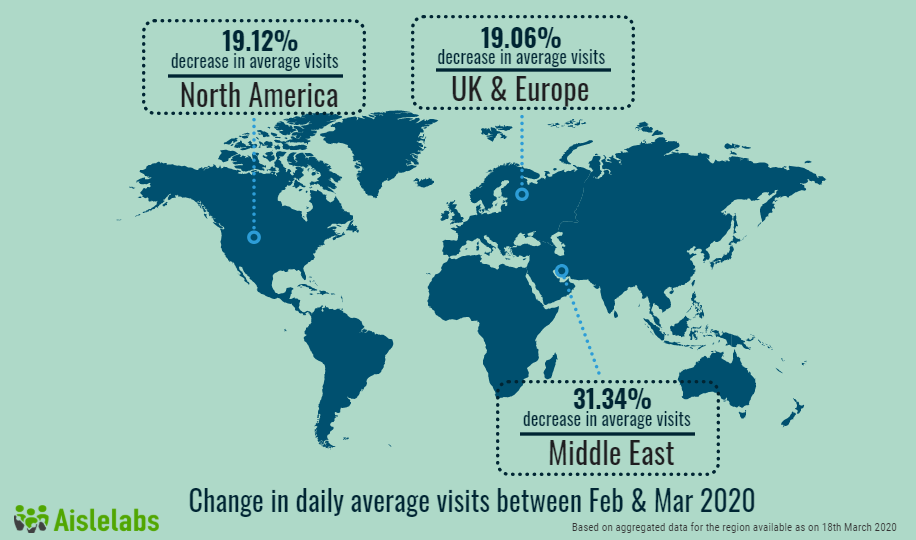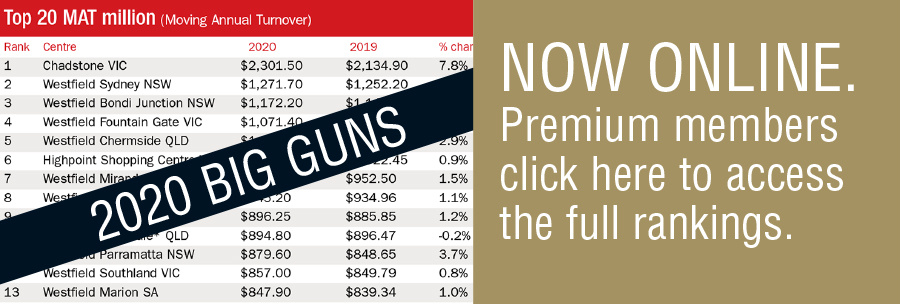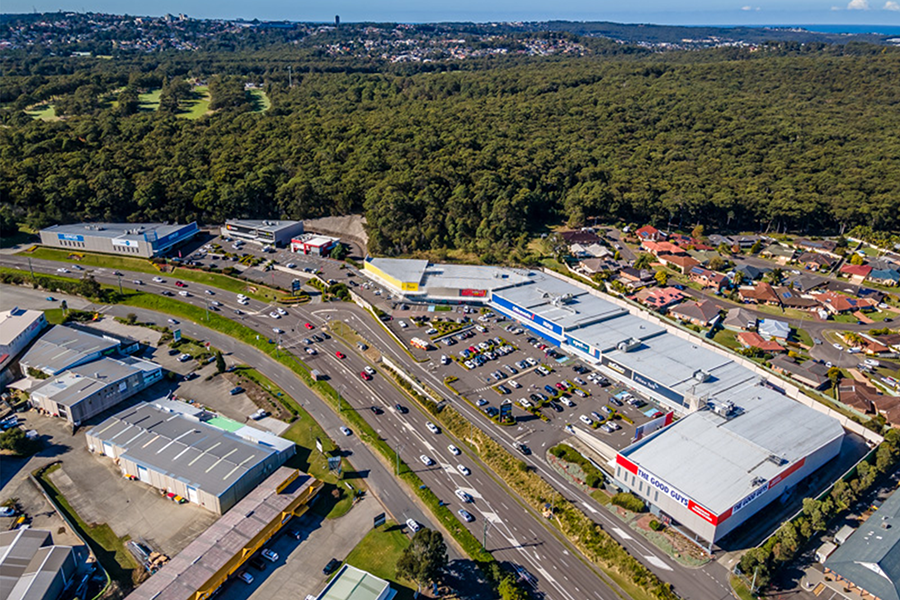As the world copes with the coronavirus (COVID-19) pandemic, global technology company Aislelabs are compiling a constantly updating resource for how shopping centres are responding to the crisis around the world. The current situation is unchartered territory for the retail and shopping centre industry so by providing a summary of all publicly available information from shopping centres around the world, the company hopes to help understand what other shopping centres are implementing to help combat this virus.
They are also making available some simple anonymous aggregated information that they hope to give mall operators updated data from which to make informed decisions. All malls are grouped by region and listed alphabetically with links to the original sources included for further information.
Most shopping centres continue to remain open where local and national guidelines allow them to do so. Shopping centres typically house pharmacies, supermarkets, medical clinics, and other essential services.
Some areas that are more affected have issued closures of malls while other shopping groups have either reduced hours, allowed their retailers to reduce hours, or shut down some non-essential operations temporarily.
Cleaning has intensified for the shopping centres that remain open with keen attention paid to customer and employee touch points such as door handles and faucets as well as deep cleaning of high trafficked areas. A few shopping centres make use of medical thermal scanners at key entrances to look for abnormal symptoms of customers.
Infographic above shows how COVID-19 pandemic is already affecting the shopping centres, with average daily footfall in March already 19-31% below February levels across Europe, North America and the Middle East.
In Australia, footfall has been variable between food and non-food spending and some centres have reported traffic has been positive during this period – mainly driven by grocery customers.
Data as of March 23, 2020, all information is categorised by region and a summary is below, individual company data is available on their website:
- North American shopping centres remain open, some with reduced hours.
- UK shopping centres have been closed.
- Malls in Quebec and Ontario Canada have closed.
- Malls in the UAE have closed.
- Malls in Italy, Spain, Germany, and Austria have closed.
- Malls in Brazil have closed.
- Sanitation and disinfections have increased at all shopping centres.
- No restrictions on reducing hours by North American federal governments but many shopping centres have either voluntarily reduced their operating hours or allow their retailers to do so.
- Some state governments in the United States, such as New Jersey and Maryland, have issued indoor mall closures.
- Some malls in Asia, such as Siam Piwat, have installed thermal scanners at entrances to scan for symptoms associated with the virus.
- Many malls in the Philippines have temporarily closed down.
- In some cases, malls have rolled out a relief package or waived rent for their tenants.
- In almost all cases, events have been cancelled or are being looked at on a case by case basis.
The SM SuperMalls chain of shopping malls in the Philippines is one of the biggest mall operators in Southeast Asia and all their malls have been temporarily closed. All rent has been waived from 16 March to 14 April to offer some relief to their tenants who can then lend more assistance to their employees.
The UAE which houses some of the largest shopping malls in the world has issued a temporary two week closure for all shopping centres.
Aislelabs is the leading global provider of enterprise software for marketing automation, location analytics, predictive intelligence, and combining online and offline customer touchpoints. The company serves customers across verticals including retail, transportation, hospitality, venues, and F&B.
To read the full blog, visit here.





















